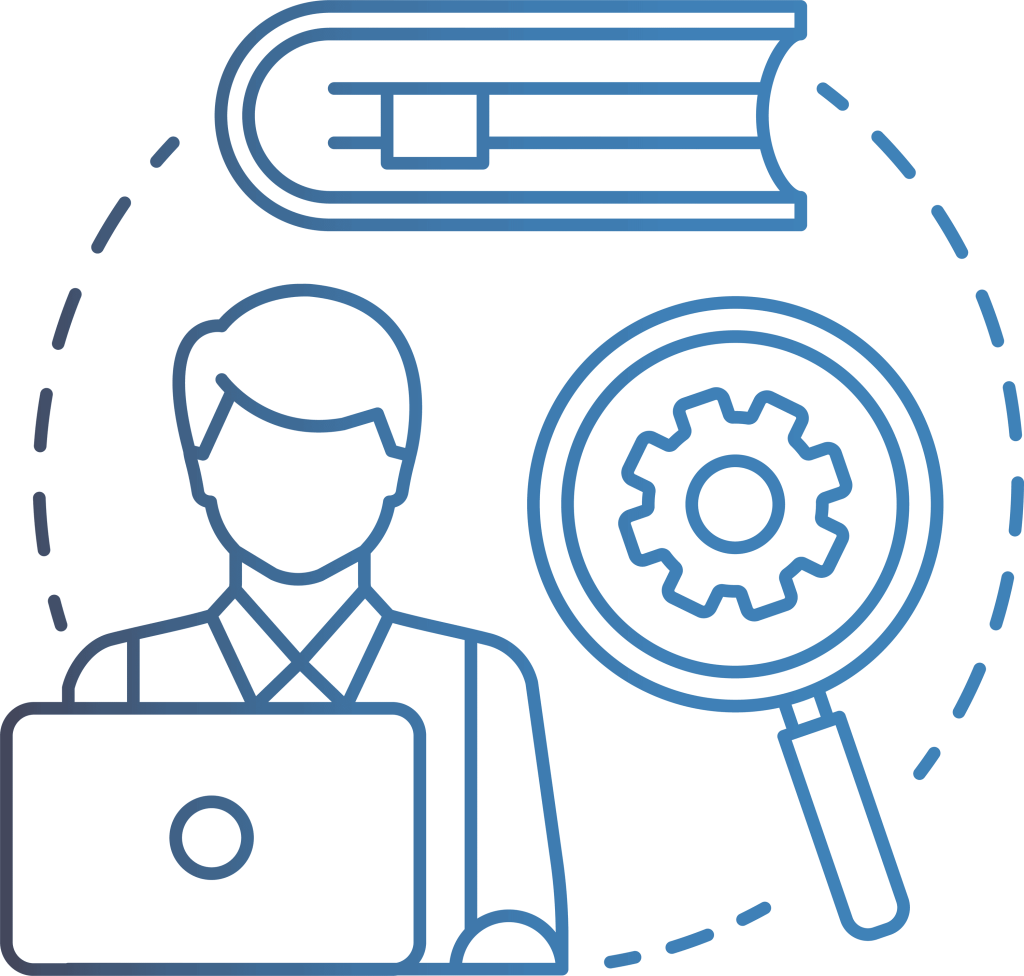Without the right learning technology ecosystem, it’s almost impossible to deliver personalized content experiences — the right content in the right time and place — at scale.
“Old models cannot deliver personalized learning experience at scale — the frameworks, content formats and modalities companies use are not designed to do this. And while organizations recognize the importance of a strong and engaging learner experience, many struggle because their content strategy has not kept pace and they do not have the technology to deliver on their promises.” – Brandon Hall Group
Creating and delivering truly personalized content hinges on your organization’s ability to efficiently reuse content across multiple publications, channels and formats, creating a multiexperience content journey that can serve content across any number of unique touchpoints.
Building out the right content tech stack is critical to not only meeting the needs of today’s learners, but also to supporting a content strategy that will stand the test of time — that leverages adaptable, reusable content to support multiple experiences, allows content to flow seamlessly across a variety of systems, and collects actionable data to provide insight and feedback.
In order to overcome the challenges of supporting a content strategy that enables content reuse and multiexperience content delivery, a Component Content Management System (CCMS) — also called a Learning Content Management System (LCMS) — is the best tool for the job. Let’s take a closer look at the learning technology ecosystem and where a CCMS / LCMS fits in.
What is a learning technology ecosystem?
A learning technology ecosystem is the combination of tools and platforms that support an organization’s overarching learning content strategy.
The various components of a learning technology ecosystem — or any content technology ecosystem, for that matter — can be broken up into three unique layers or functions:
- Content Management
- Content Experience
- Content Analytics
Let’s explore the most common elements of a learning technology ecosystem. Most of these are likely familiar tools, and each have their own unique place in the learning technology ecosystem. Not all organizations will need each component, but every organization will need at least one or two.
Content Management

Component Content Management System / Learning Content Management System – Often used interchangeably, CCMSs & LCMSs provide a centralized content management hub that:
- acts as a single source of content truth
- streamlines content creation, review, publication, delivery, maintenance, and tracking
- supports content reuse and multiexperience delivery at scale
- supports SCORM content as well as assessments
Some comprehensive CCMSs, like Xyleme, also include a Learning Record Store, providing built-in content analytics.
Content Experience
- Learning Management System – LMSs are platforms that manage learners and events. LMSs are primarily used for the assigned delivery and tracking of formal course completion and the administration of programs and competencies. They are platforms that learners navigate to in order to access content. They are not content management systems.
- Learning Experience Platform – LXPs help users navigate available content, facilitating content searching, recommending relevant content pieces and supporting learning pathways. As the name implies, LXPs are focused on delivering a positive and successful learner experience.

- Digital Adoption Platform – DAPs are typically embedded within another application or content source, providing notifications, users guides, and contextual help at the point of need.
- Knowledge Portals – KPs are essentially content storefronts, where learners can search and find specific content assets.
- Virtual Classrooms – Virtual Classrooms support web-based and virtual instructor led training, which become increasingly vital in a dispersed or remote-first organization.
Content Analytics

- Learning Record Stores – LRSs are applications that store xAPI records about learning. An LRS tracks exactly how users interact learning content. An LRS does not support content development, production or manage users and learning activities.
- Data & Analytics Dashboards – Analytics Dashboards provide insight into learning records, from the most popular content to question-level interactions. Analytics dashboards provide an accurate and objective picture of content engagement and performance, so users can identify trends and continue to refine and improve content over the long term.
Each of these pieces of the learning content technology stack serves a unique function, and by combining multiple tools organizations can build a learning technology ecosystem that is tailored to their unique needs, goals, and realities.
The Missing Link in Your Learning Technology Ecosystem
Many organizations deliver content to multiple experience platforms, allowing them to deliver content when and where it is needed and enabling them to quickly onboard, upskill, and reskill their workforce.
Adding a CCMS / LCMS to your ecosystem is the key to supporting multiexperience content journeys at scale.

Because a CCMS / LCMS platform like Xyleme is designed to seamlessly integrate with other tools and platforms like LMSs, LXPs, DAPs, and more, it makes it easy for organizations to build and implement customized, scalable tech stacks designed to meet their unique needs and use cases. It acts as the central hub, supporting and feeding content to all the other individual components of the learning technology ecosystem.





